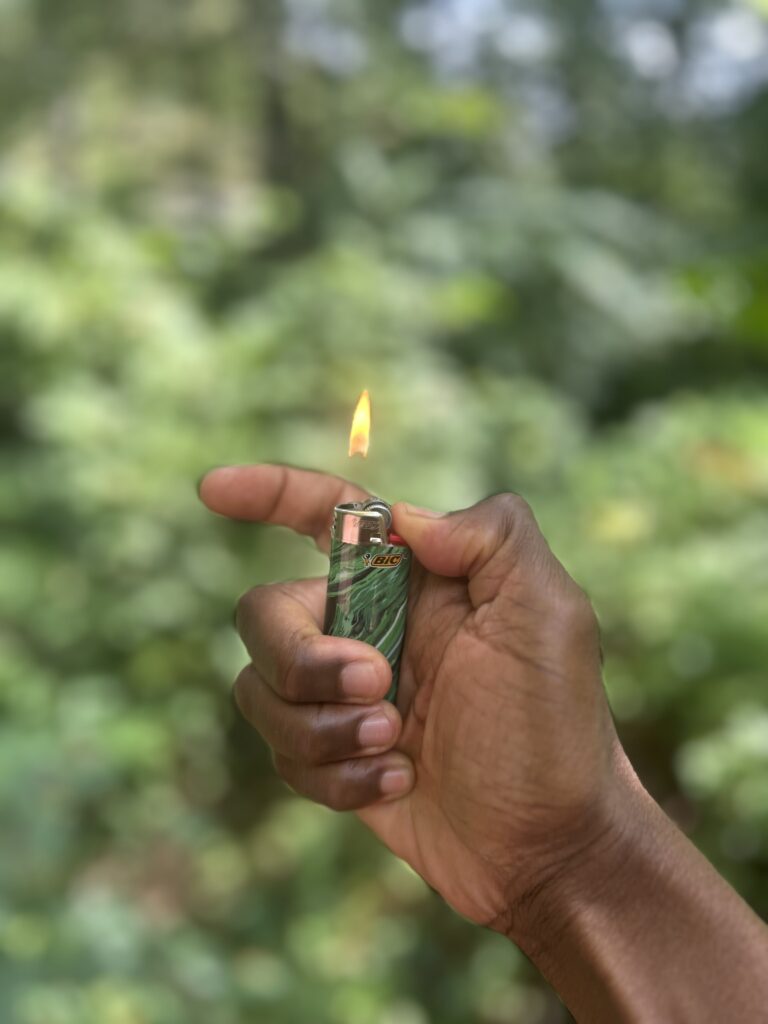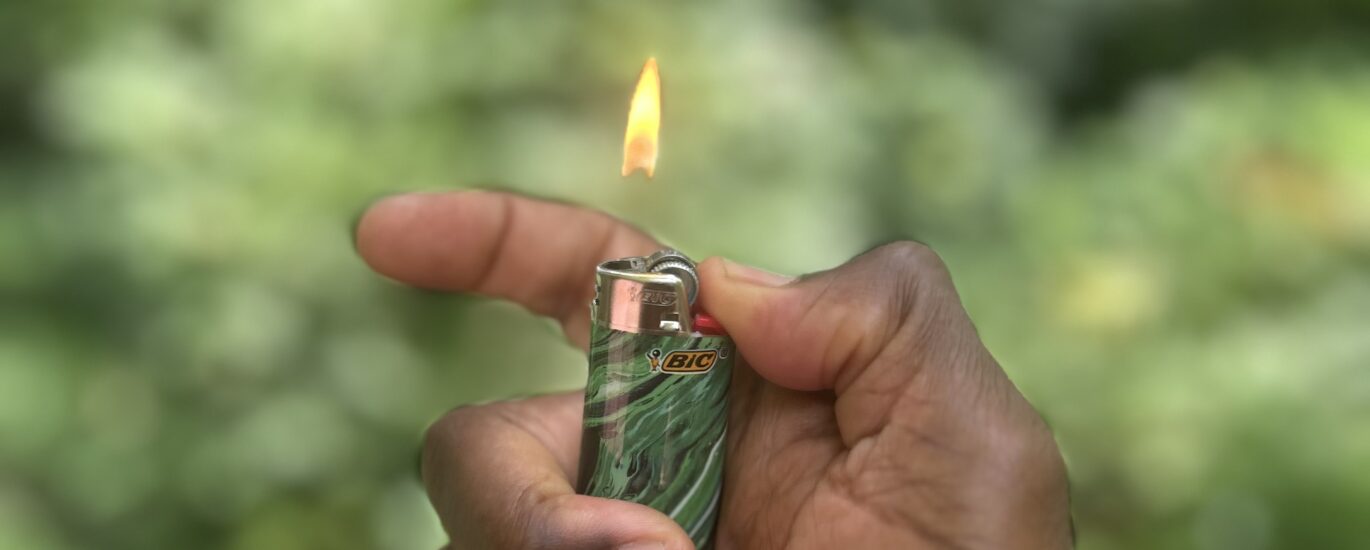After careful reflection and observation, I’ve often wondered: Why are we so quick to draw conclusions about people we don’t truly know? More often than not, these judgments are made in a split second, based purely on appearance—before character, intentions, or truth even enter the conversation.
Let me illustrate.
For the record, I have never smoked a day in my life. Yet one afternoon, I walked into a store to buy a lighter. My purpose was simple: I use lighters regularly to burn incense, a personal ritual of peace and reflection. Usually, this small purchase passes without comment. But on this particular day, the cashier asked for my date of birth. Surprised, I asked why.
“It’s policy,” she said, “to check the age of anyone who smokes cigarettes.”
Not only had she assumed I smoked, she was very specific about what I smoked.
I left the store with more than just a lighter; I left with questions. Could her assumption have been rooted in my appearance? Was it because I wore a tam? Did the symbols of my identity silently tell a story I never authored?
This is the subtle but powerful nature of stereotyping. It creeps into everyday moments, often unnoticed by the one making the assumption but deeply felt by the one receiving it. Profiling doesn’t always look like a dramatic confrontation, it can be as quiet as a glance, as routine as a policy, or as casual as a misplaced word.
The danger lies not only in the assumption itself but in what it erases. It overlooks individuality. It diminishes the possibility of genuine understanding. And it silently perpetuates narratives that reduce complex human beings to shallow caricatures.
When we stereotype, we strip away someone’s humanity and replace it with our own projections. But what would happen if we paused? If instead of assuming, we asked? If instead of profiling, we sought understanding?
The challenge before us is not simply to recognize that stereotypes exist, it is to unlearn the reflex to act on them. To see beyond the locs, the tam, the clothing, or the accent. To resist the urge to write someone’s story before they speak their truth.
Because every assumption is a missed opportunity to know the real person standing in front of us.






